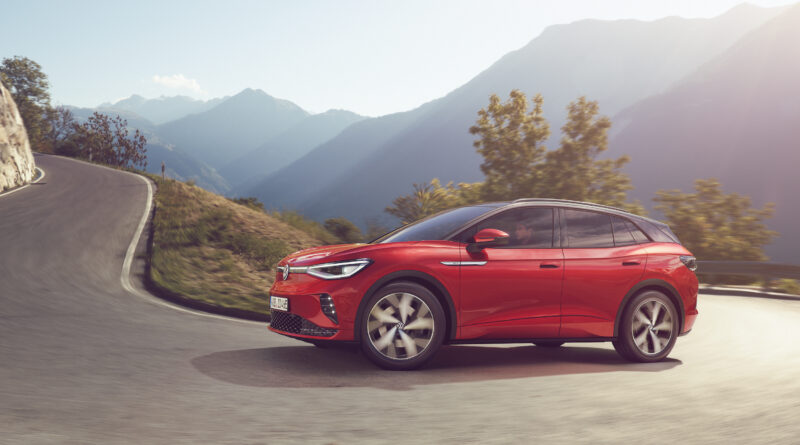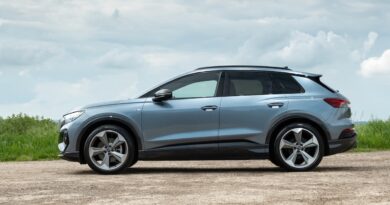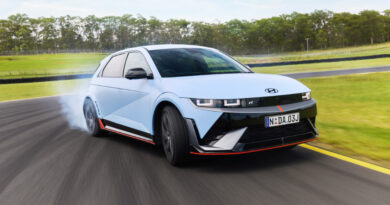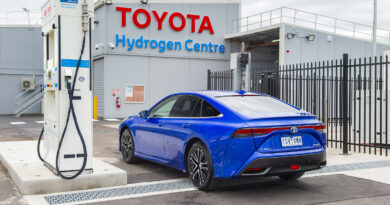Volkswagen ID.4 drives huge BEV sales growth in Europe
While Volkswagen’s electric vehicle roll-out is stalled in Australia, the German brand is hitting sales home runs with its new ID.4 in Europe.
The battery electric SUV has raced straight to the top of European sales charts in April, with the smaller Volkswagen ID.3 hatch sitting in second place on the EV charts.
The ID.4 is the first SUV to sit atop the European BEV sales charts and according to automotive industry analysts Jato Dynamics, this is a significant moment.
“As anticipated, the next phase of growth for EVs is going to come from SUVs. The Volkswagen ID.4 taking the lead is just the beginning of the electric-SUV trend, and we expect new models to enter the market as consumer demand increases.”
The success of the ID.4 and ID.3 has delivered Volkswagen a 34 percent share of the European BEV market in April, compared to a 27 percent slice of the overall market, including orthodox ICE-powered vehicles. It’s still a big enough slice to ensure it is the market leader.
Overall, low and zero emission plug-in and battery electric vehicle accounted for 15 percent of all European registrations in April.
Year-on-year BEV demand was up 338 percent and PHEV demand 507 percent, although it’s worth remembering all sales were dramatically impacted by COVID last year..
In actual numbers that means 71,500 BEVs and 81,000 PHEVs out of a total 1,029,008 sales.
There were 7335 ID.4’s sold, 5735 ID.3s, 4015 Renault Zoes, 3533 electrified Peugeot 208s and 3383 Hyundai Konas.
The top selling PHEVs were the Ford Kuga (soon to come to Australia as the Escape) with 4171 sales, followed by the Volvo XC40 PHEV (3798) and Peugeot 3008 (3507).
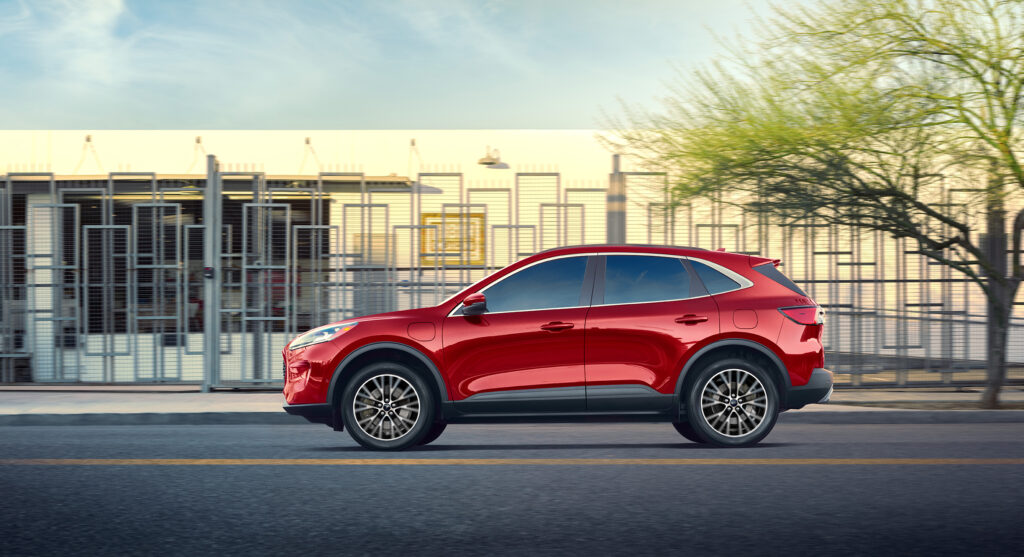
Top-sellers overall were the Peugeot 208 (18,387), Peugeot 2008 (18,328) and the Volkswagen Golf (17,763).
While VW is hoovering up EV sales, Golf sales are actually sliding. Its sales have decreased from a 2.93 percent share of the entire market in April 2018 to 1.73 percent in April 2021.
The overall European new car market remains below pre-pandemic levels and Munoz theorised the rise of BEV sales was actually reining in its resurgence.
“While lockdown restrictions and the impact of the pandemic may seem like the root of the problem, the shift towards EVs is also having a knock-on effect. As these vehicles are more expensive, we are seeing fewer units traded in comparison with traditional ICE models,” he explained.
In Australia, Volkswagen would love to have the problem of balancing EV and ICE demand. But local access to the ID.4 and other BEVs has been slowed by slow local demand and low levels of government incentives to make the switch to electrification.
Volkswagen Group Australia boss Michael Bartsch has been outspoken in his criticism of the situation.

